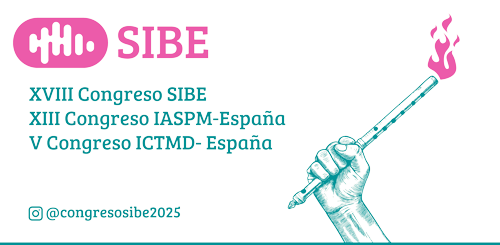Ferdowsi's Šāhnāme (1010 CE) is a monumental Persian epic that has played a crucial role in preserving the Persian language and shaping Iranian identity. For over a millennium, it has remained central to cultural and scholarly discourse. The epic explores themes of justice, wisdom, and moral conflict, intersecting with questions of identity, power, and gender. Beyond its literary and historical significance, Šāhnāme may also be read as resistance literature, where narratives of conflict reflect deeper struggles over fate, morality, and sovereignty. Each section of the epic enacts conflict differently: the mythical section presents the eternal battle between humans and demons; the heroic section explores human agency and ethical dilemmas; and the historical section narrates Iran's resistance against external forces, mirroring political and territorial anxieties.
The influence of Šāhnāme extends beyond the written page into embodied traditions such as Naqqāli (oral storytelling) and recitations within communal spaces, including Iran's traditional sport practices held in the Zurxāne (house of strength). This study draws on feminist theory to explore how gender—as a social construct distinct from biological sex (Butler, 1990; Scott, 1986)—shapes access to and meaning within these physical and symbolic spaces. Rooted in masculine ideals of physical prowess and spiritual virtue, Zurxāne has historically excluded women, reinforcing a gendered nationalism. However, recent Naqqāli performances for all-female audiences within these traditionally male-dominated venues challenge spatial and performative boundaries.
What does it mean when a deeply masculine tradition is recontextualized for the female gaze? How do performers and audiences navigate this altered, contested space? Drawing on ethnographic research and performance theory (Turner, 1987; Schechner, 2002), this paper examines how gendered power relations are reproduced, resisted, and transformed through performance. Framing Zurxāne as a gendered, performative, and contested site, this study contributes to broader discussions on visibility, tradition, and the evolving politics of gender in contemporary Iran.

 PDF version
PDF version
